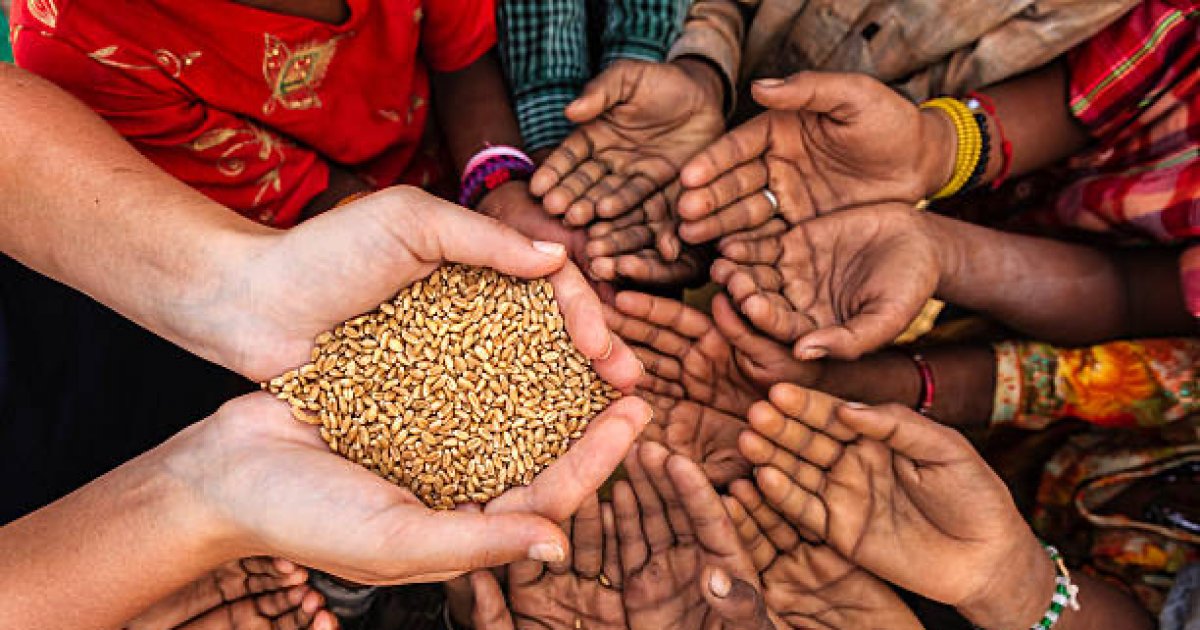Of all the rights any individual ought to have, there is nothing more important than having access to nutritious food – after all, it is what ensures a healthy living.
To that end, that, as per the interim government itself in its recent analysis conducted with some of our leading development partners, about 16 millions or about 10% of our total population is facing severe levels of acute food insecurity, is deeply concerning. To add to such an astonishing number is also the finding that a reported 16 lakh children are acutely malnourished.
While these numbers are indeed tremendously concerning, there is still reason for hope; as per the analysis, the number of people that were victims of acute food insecurity stood at 23.5 million in 2024 – showing that we are on the right track when it comes to addressing food insecurity.
With that said, that about 10% of the total population of people living in this country continue to face this means that we have plenty of work to do to keep bringing this number down.
However, despite our own government needing to step up to address malnutrition and food insecurity, the fact that the number one reason for these issues is the impact of climate change, and that it is in Cox’s Bazar – and most notably in the Rohingya camps – that we see the worst of this crisis, tells us once again just how spectacularly the developed world continues to fail developing nations such as ours.
As such, while we need our government’s acknowledgement and the commitment to act on these findings, we have more than earned the right to expect international support – both for addressing the issues in the Rohingya camps as well as addressing the effects of the climate crisis. We hope that this reality is acknowledged by the international community and spoken about by our leaders, so that we can receive the support needed to ensure that every person in Bangladesh has access to food and nutrition.



